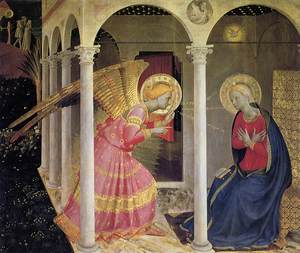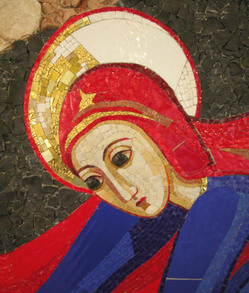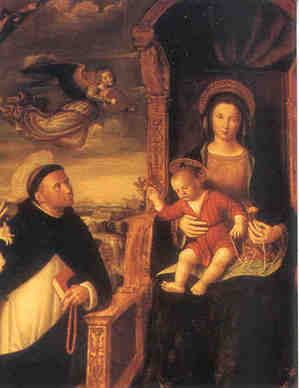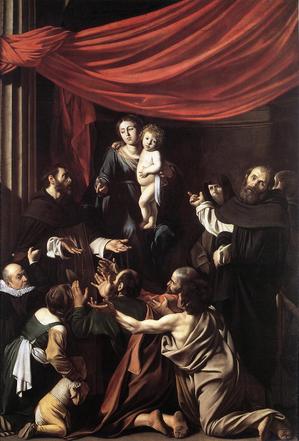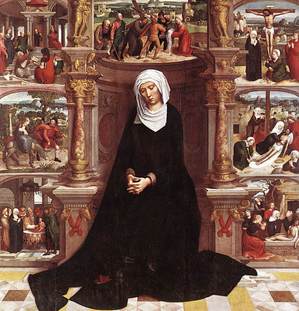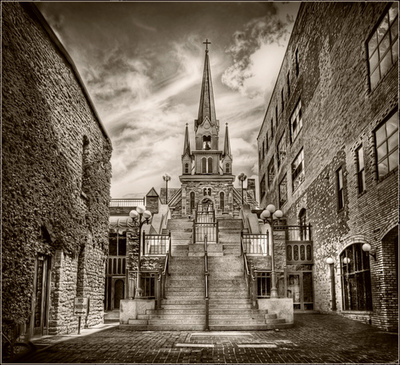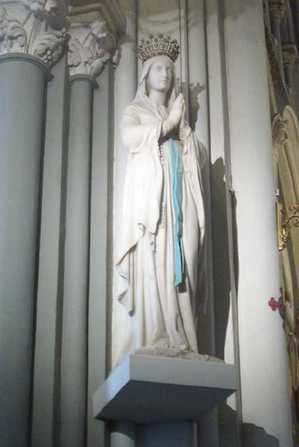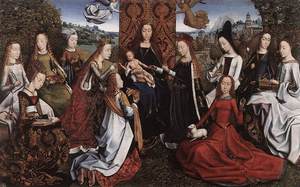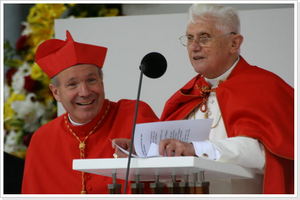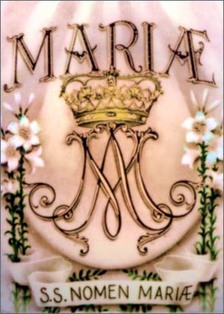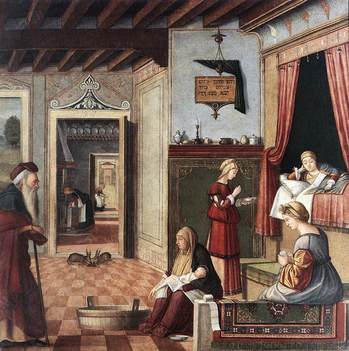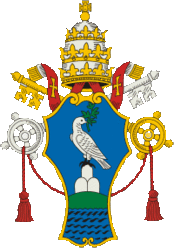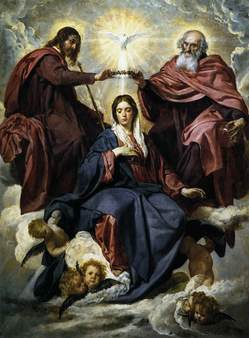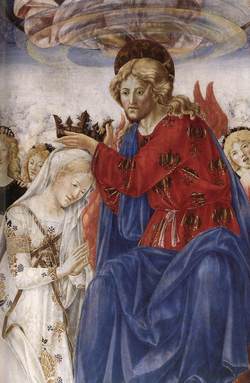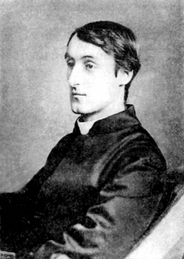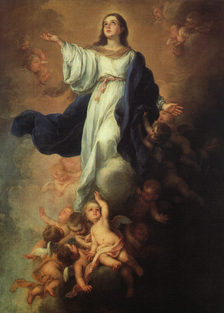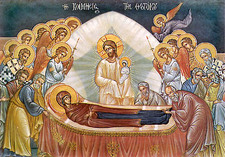Blessed art thou, O may, who did believe; those things shall be fulfilled in thee which were spoken to thee by the Lord, alleluia.
 O God, Who did will that the blessed Mary ever Virgin, the dwelling place of the Holy Spirit, should this day be presented in the temple; we beseech Thee, grant that through her intercession we may be found worthy to be present in the temple of Thy glory.
O God, Who did will that the blessed Mary ever Virgin, the dwelling place of the Holy Spirit, should this day be presented in the temple; we beseech Thee, grant that through her intercession we may be found worthy to be present in the temple of Thy glory.
Mater Amabilis
Mother most lovable
WHY is she “Amabilis” thus specially? It is because she was without sin. Sin is something odious in its very nature, and grace is something bright, beautiful, attractive.
However, it may be said that sinlessness was not enough to make others love her, or to make her dear to others, and that for two reasons: first, because we cannot like anyone that is not like ourselves, and we are sinners; and next, because her being holy would not make her pleasant and winning, because holy persons whom we fall in with, are not always agreeable, and we cannot like them, however we may revere them and look up to them.
Now as to the first of these two questions, we may grant that bad men do not, cannot like good men; but our Blessed Virgin Mary is called Amabilis, or lovable, as being such to the children of the Church, not to those outside of it, who know nothing about her; and no child of Holy Church but has some remains of God’s grace in his soul which makes him sufficiently like her, however greatly wanting he may be, to allow of his being able to love her. So we may let this question pass.
But as to the second question, viz., How are we sure that our Lady, when she was on earth, attracted people round her, and made them love her merely because she was holy? — considering that holy people sometimes have not that gift of drawing others to them.
To explain this point we must recollect that there is a vast difference between the state of a soul such as that of the Blessed Virgin, which has never sinned, and a soul, however holy, which has once had upon it Adam’s sin; for, even after baptism and repentance, it suffers necessarily from the spiritual wounds which are the consequence of that sin. Holy men, indeed, never commit mortal sin; nay, sometimes have never committed even one mortal sin in the whole course of their lives. But Mary’s holiness went beyond this. She never committed even a venial sin, and this special privilege is not known to belong to anyone but Mary.
Now, whatever want of amiableness, sweetness, attractiveness, really exists in holy men arises from the remains of sin in them, or again from the want of a holiness powerful enough to overcome the defects of nature, whether of soul or body; but, as to Mary, her holiness was such, that if we saw her, and heard her, we should not be able to tell to those who asked us anything about her except simply that she was angelic and heavenly.
Of course her face was most beautiful; but we should not be able to recollect whether it
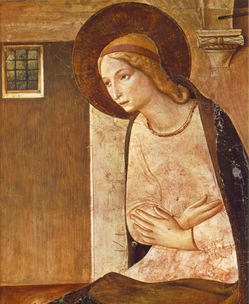 was beautiful or not; we should not recollect any of her features, because it was her beautiful sinless soul, which looked through her eyes, and spoke through her mouth, and was heard in her voice, and compassed her all about; when she was still, or when she walked, whether she smiled, or was sad, her sinless soul, this it was which would draw all those to her who had any grace in them, any remains of grace, any love of holy things. There was a divine music in all she said and did — in her mien, her air, her deportment, that charmed every true heart that came near her. Her innocence, her humility and modesty, her simplicity, sincerity, and truthfulness, her unselfishness, her unaffected interest in every one who came to her, her purity — it was these qualities which made her so lovable; and were we to see her now, neither our first thought nor our second thought would be what she could do for us with her Son (though she can do so much), but our first thought would be, “Oh, how beautiful!” and our second thought would be, “Oh, what ugly hateful creatures are we!”
was beautiful or not; we should not recollect any of her features, because it was her beautiful sinless soul, which looked through her eyes, and spoke through her mouth, and was heard in her voice, and compassed her all about; when she was still, or when she walked, whether she smiled, or was sad, her sinless soul, this it was which would draw all those to her who had any grace in them, any remains of grace, any love of holy things. There was a divine music in all she said and did — in her mien, her air, her deportment, that charmed every true heart that came near her. Her innocence, her humility and modesty, her simplicity, sincerity, and truthfulness, her unselfishness, her unaffected interest in every one who came to her, her purity — it was these qualities which made her so lovable; and were we to see her now, neither our first thought nor our second thought would be what she could do for us with her Son (though she can do so much), but our first thought would be, “Oh, how beautiful!” and our second thought would be, “Oh, what ugly hateful creatures are we!”
(taken from Card. John Henry Newman’s “Discourses to Mixed Congregations”, 1849)
